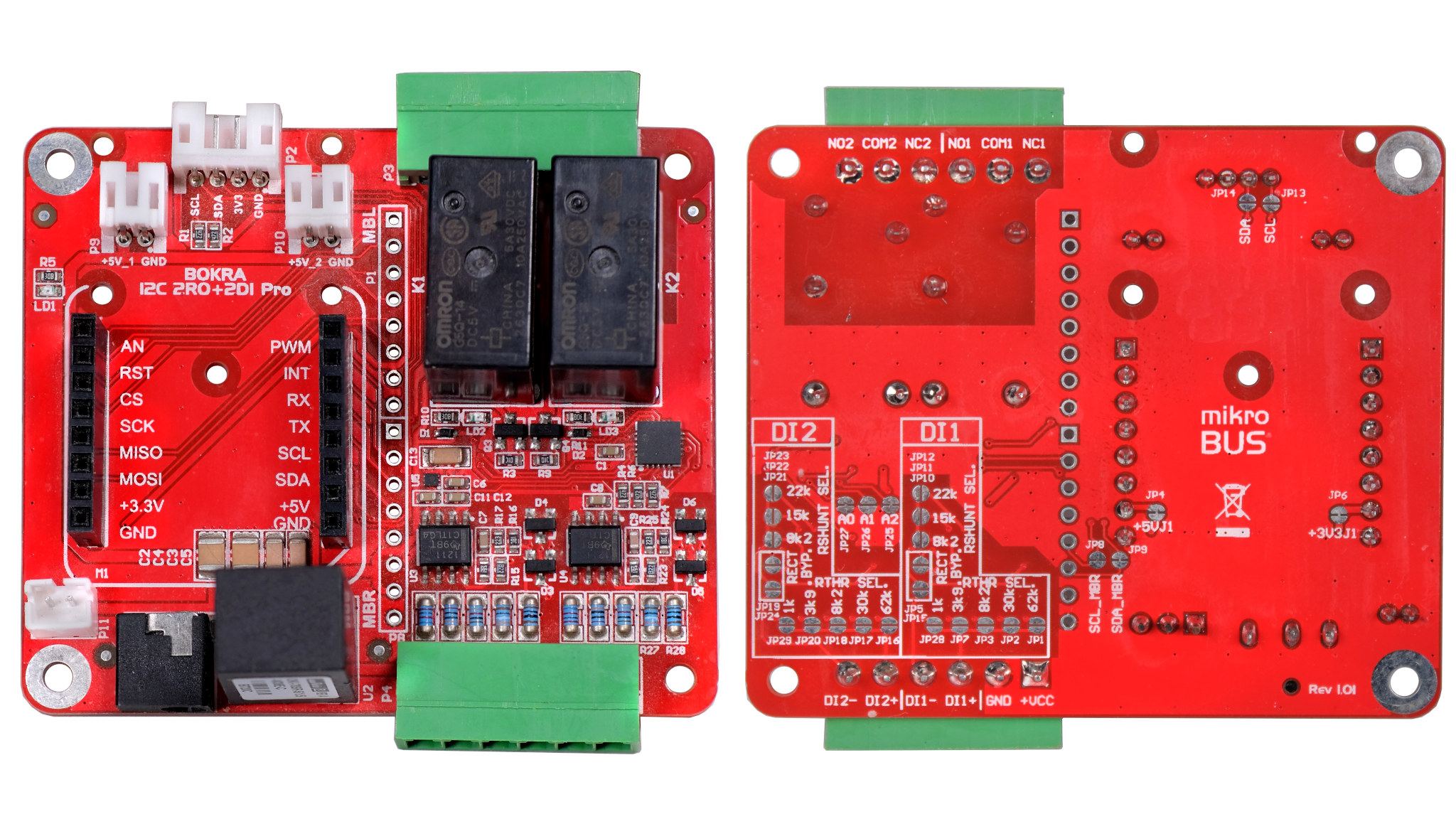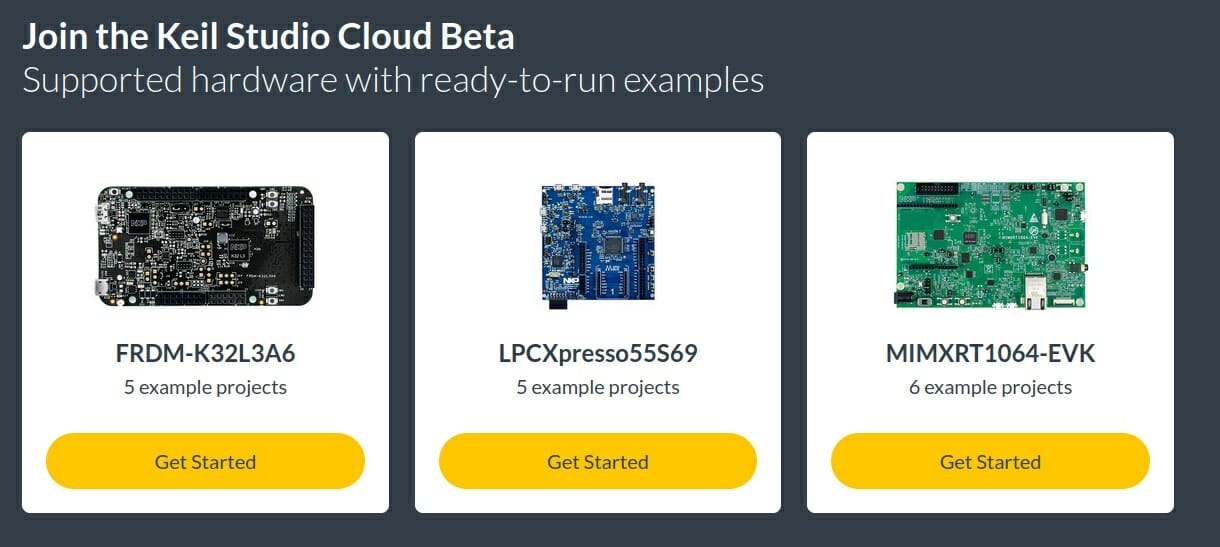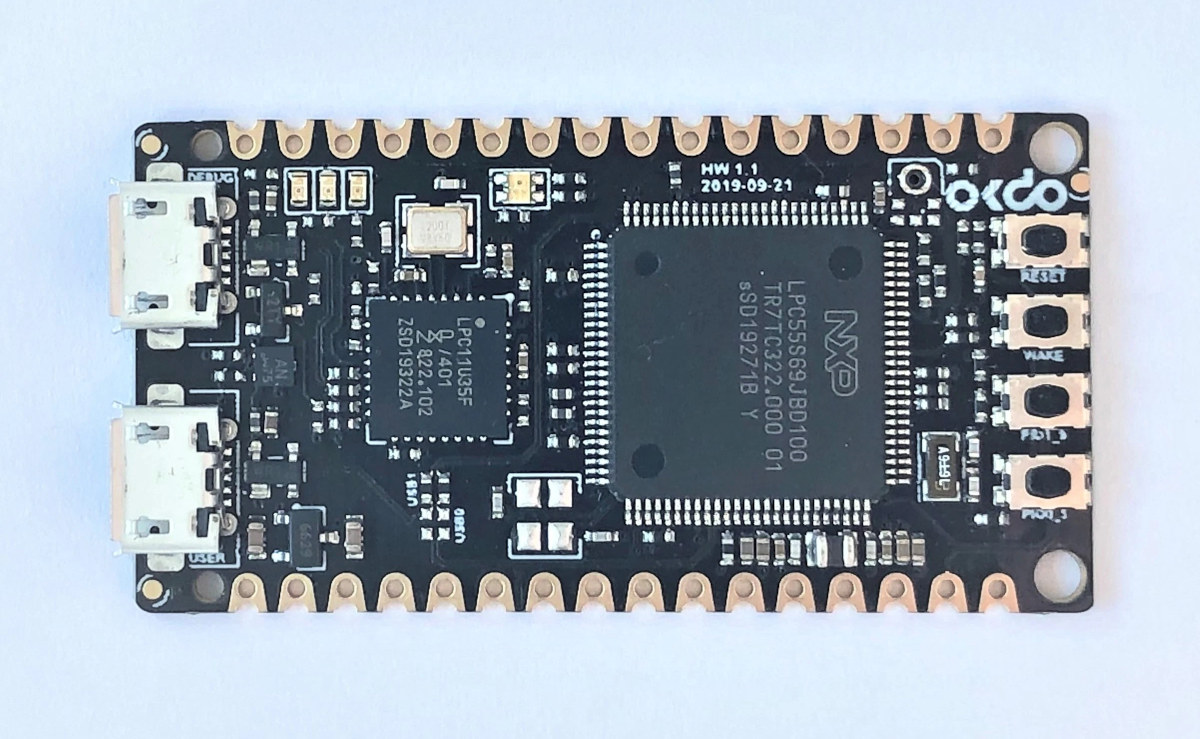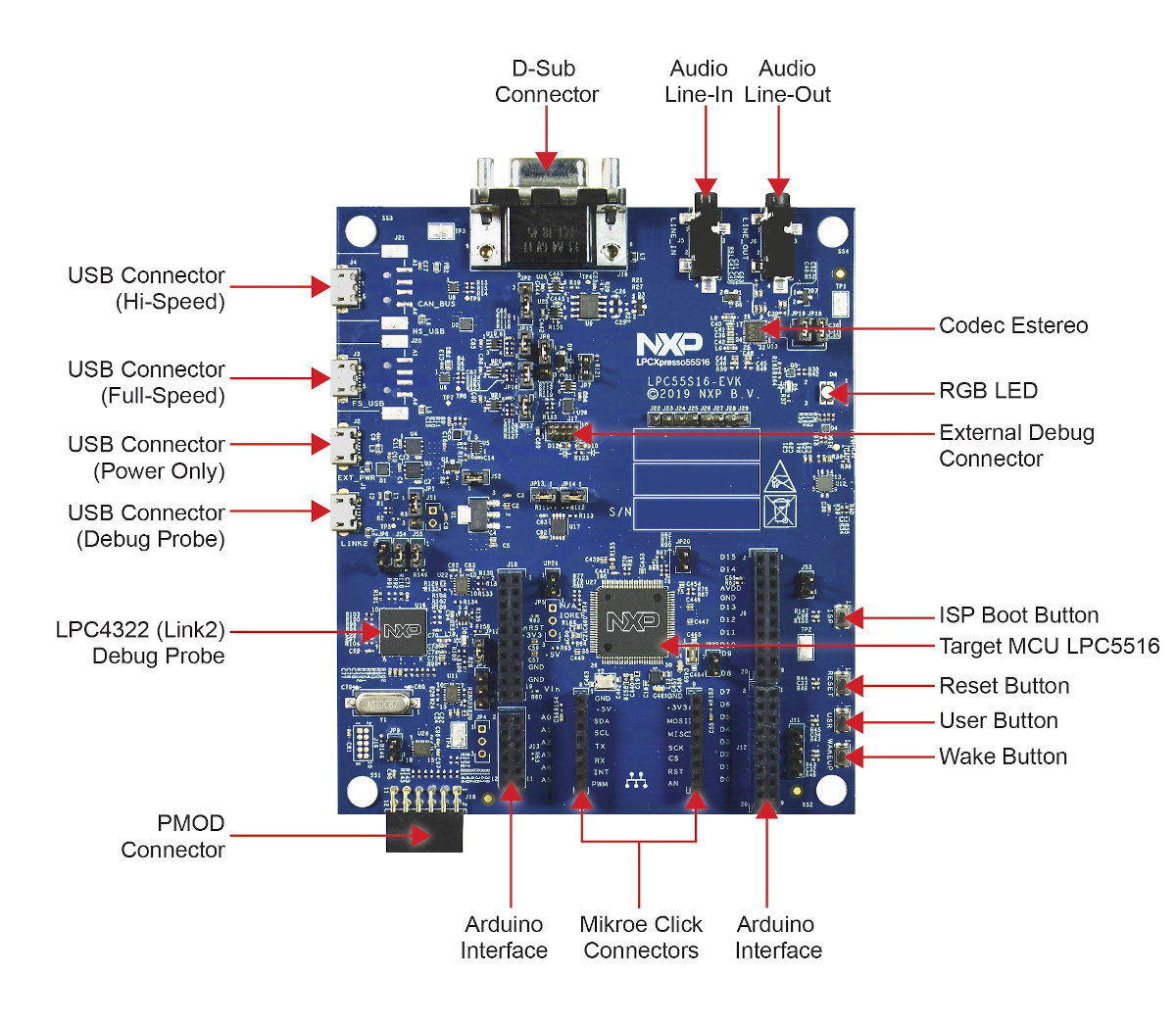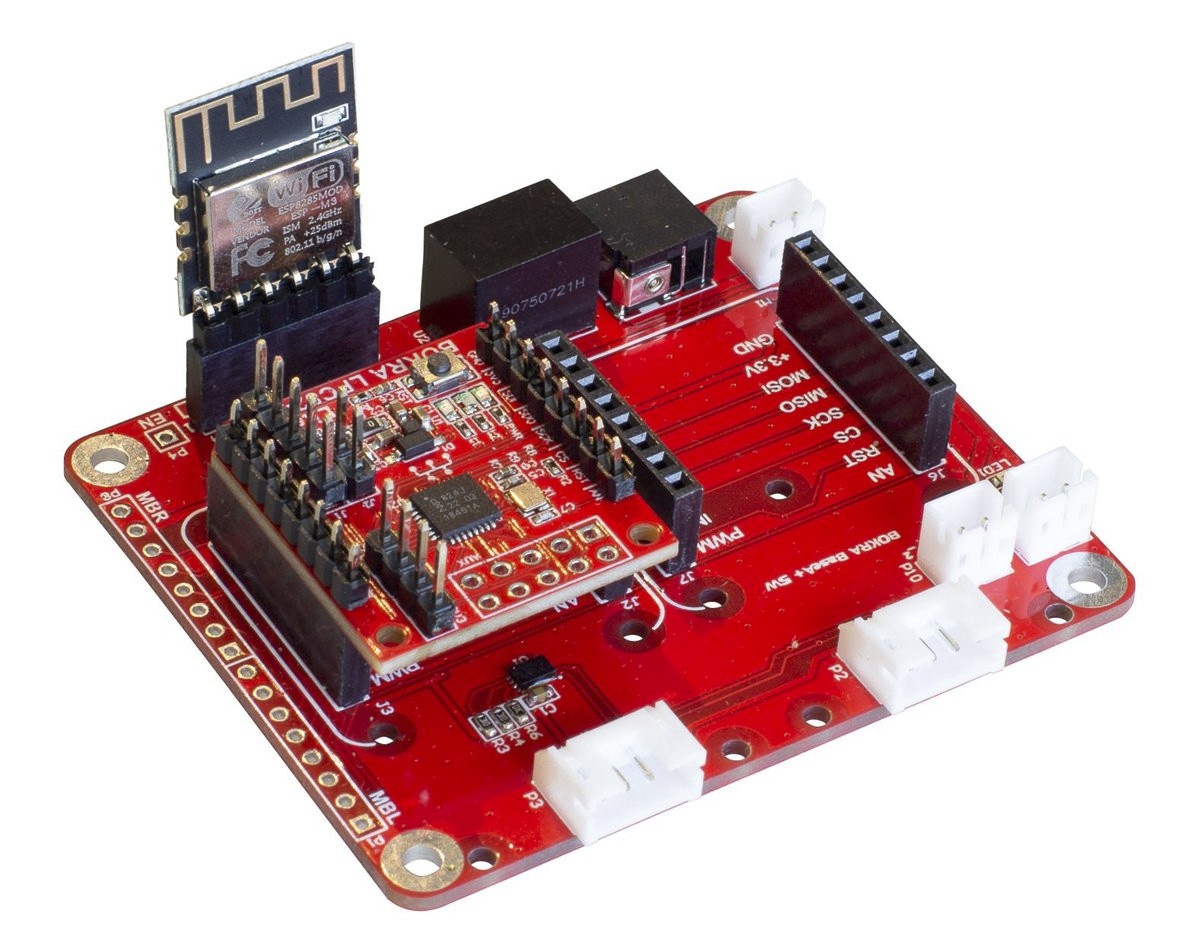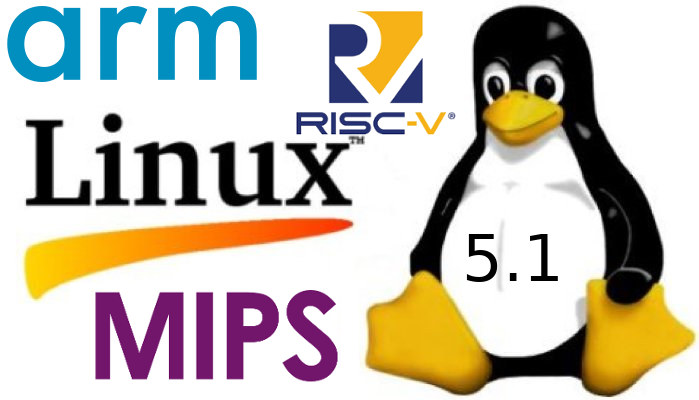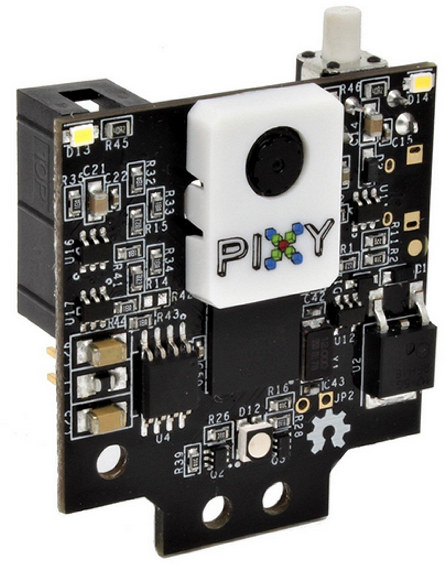AlterStep’s IoThing Digital is a digital I/O module with two high-power Omron G5Q-14 relays and two isolated AC or DC input channels based on Texas Instruments ISO1211 that can handle up to 300 V. The board also integrates a DC-DC converter and mikroBUS slot that allows it to be used with compatible MCU boards, and the company also provides adapters for popular form factors such as Arduino, Raspberry Pi, Adafruit Feather, Teensy, and others. IoThing Digital specifications: mikroBUS socket for mikroElektronika Click expansion boards BOKRA Lite MCU boards (Some details below) 2x Omron G5Q-14 SPDT relays – 3A/30V DC or 3A/250VAC via terminal blocks Terminal block for 2x digital outputs configurable from 9V to 300V, DC and AC PCF8574 8-bit I/O expander chip with I²C bus for relay control and digital signal input I2C interface with support for 100 KHz and 400 KHz, address selection via jumpers Grove I2C connector […]
Arm introduces Open-CMSIS-Pack and Keil Studio Cloud for MCU software development
Arm has just announced two new initiatives that aim to boost the productivity embedded, IoT, ML, and MCU software developers: the Open-CMSIS-Pack project and Keil Studio Cloud. The Open-CMSIS-Pack Project The Cortex Microcontroller Software Interface Standard (CMSIS) packs have been around for years providing a vendor-independent hardware abstraction layer for microcontrollers, mostly Cortex-M based, but others too, and currently support close to 9000 different microcontrollers. I always assumed CMSIS was open-source as the source code is available in Github under an Apache 2.0 license. But apparently, not all components are, and Arm has now announced the Open-CMSIS-Pack project that will move part of CMSIS into the open project in collaboration with the Linaro IoT and Embedded Group. Linaro, Arm, and other partners like STMicro and NXP will initially focus their work on command-line tools and CMake workflows, with the ultimate goal of making the CMSIS-Pack technology into a true open […]
OKdo E1 Arm Development Board Launched with NXP LPC55S69 Cortex-M33 MCU
We’ve just written about the launch of NXP LPC551x/S1x Arm Cortex-M33 MCU family, but OKdo has very recently announced a development board based on the previous generation LPC5500 Cortex-M33 processor, namely OKdo E1 powered by an NXP LPC55S59 dual-core Cortex-M33 processor. OKdo E1 specification: MCU – NXP LPC55S69JBD100 dual-core Arm Cortex-M33 @ up to 150 MHz with 640KB flash, 320 KB SRAM, FPU, Arm TrustZone, CASPER Crypto co-processor, and PowerQuad Hardware Accelerator for fixed and floating-point DSP functions Expansion – 32x through holes and castellated holes with Up to 9x Flexcomm interfaces (SW selectable as USART, SPI, I2C, or I2S interface) GPIOs, I2C, ADC, UART, SPI, etc… USB – 1x Micro USB 2.0 “User” port, 1x Micro USB 2.0 port for debug and power Debugging In-built CMSIS-DAP v1.0.7 debugger based on LPC11U35 Micro USB port with UART over USB virtual COM port Clocks – Internal PLL support up to 100MHz […]
NXP LPC551x/S1x Arm Cortex-M33 MCU Family Launched with LPC55S16 Development Board
NXP has announced the general availability of LPC551x/S1x Arm Cortex-M33 MCU family with low power consumption, embedded security, pin-, software- and peripheral-compatibility. The LPC551x/S1x family is manufactured using a cost-effective 40-nm NVM process technology and targets industrial and general embedded markets. An LPC55S16 based development board – PLC55S16-EVK – is also offered for evaluation and software development. NXP LPC551x/S1x MCU Key features and specifications: CPU – Arm Cortex-M33 core @ up to 150 MHz delivering over 600 EEMBC CoreMarks and consuming as low as 32uA/MHz Memory and Storage – Up to 256 KB on-chip flash; up to 96 KB SRAM; 128 KB boot ROM Peripherals CAN FD / CAN 2.0 Dual-USB with on-chip PHY, supporting both HS and FS modes SDIO and up to 9 FlexComm interfaces (configurable as either SPI/I2C/I2S, UART) Up to 64x GPIO pins 16-bit ADC with five differential channel pair Comparator with five input pins and […]
BOKRA NXP LPC824 and Nordic nRF52832 powered MCU Modules Follow MikroBUS Form Factor
We first wrote about MikroElectronika MikroBUS socket in 2015 while covering an SBC which featured one MikroBUS socket supporting one of the 150 Click boards available at the time. There are now over 700 Click boards to choose from, with the tiny modules offering motor drivers, buttons, short-range connectivity, UART and other interfaces, as well as various sensors. But BOKRA had another idea: developing MCU based systems-on-module following MikroBUS form factor. BOKRA LPC824 Lite module The first of those modules is BOKRA LPC824 Lite with the following specifications: MCU – NXP LPC824M201JHI33 Arm Cortex-M0+ microcontroller @ 30 MHz with 32KB Flash Memory, 8 KB RAM I/O MikroBUS headers with SPI, I2C, UART, PWM, GPIOs 10-pin “Serial” header 4-pin I2C Grove connector for Seeed Studio I2C Grove modules Debugging interface – SWD Misc – Reset button, power LED, 2x user LEDs Power Supply – 5V/500mA via MIC5528 regulator Dimensions – 28.6 […]
Marlin 2.0 Open Source 3D Printer Firmware Finally Released
Back in June, we wrote about Marlin 2.0 firmware supporting ESP32 3D printer board, but at the time the firmware was still in RC1 (Release Candidate) phase. I was informed Marlin 2.0 firmware had been in beta for several years now, but the good news is that Marlin 2.0.0 open-source 3D printer firmware has now been officially released. Some of Marlin 2.0.0 new features include: 32-bit support with several boards including Arduino DUE (SAM3X8E), Adafruit Grand Central (SAM5D), Smoothie / SBASE / EZBoard based on NXP LPC176x, SKR Mini powered by STM32, as well as ESP32 boards Some improvements were made to some AVR boards including Melzi (ATmega 1280), RAMPS (ATmega 2560), and RAMBo / miniRAMBo / Einsy RAMBo boards PlatformIO build environments for supported boards VSCode “Auto Build Marlin” extension for one-click build Power-Loss Recovery for SD print jobs Magnetic Parking Extruder support Magnetic Switching Toolhead and Toolchanger support […]
Linux 5.1 Release – Main Changes, Arm, MIPS & RISC-V Architectures
Linus Torvalds has just announced the release of Linux 5.1: So it’s a bit later in the day than I usually do this, just because I was waffling about the release. Partly because I got some small pull requests today, but mostly just because I wasn’t looking forward to the timing of this upcoming 5.2 merge window. But the last-minute pull requests really weren’t big enough to justify delaying things over, and hopefully the merge window timing won’t be all that painful either. I just happen to have the college graduation of my oldest happen right smack dab in the middle of the upcoming merge window, so I might be effectively offline for a few days there. If worst comes to worst, I’ll extend it to make it all work, but I don’t think it will be needed. Anyway, on to 5.1 itself. The past week has been pretty calm, […]
PIXY2 Computer Vision Camera Works with Arduino, Raspberry Pi, and Other Boards
Cameras may be used to take holiday photos, but when integrated into robotics projects there may purpose is usually to detect objects and/or patterns. We’ve previously covered specialized computer vision camera such as the Linux based JeVois camera powered by Allwinner A33 processor, HICAT.Livera machine vision board, or STMicro STM32F7 Arm Cortex M7 powered OpenMV Cam M7 open source computer vision board. Another popular option is PixyCam PIXY camera that was first launched via a Kickstarter campaign in 2013. The company has recently introduced an updated version, aptly named PIXY2, which can still detect objects – just faster at 60 fps-, and also includes new algorithms to detect and track lines or barcodes. PIXY2 camera specifications: MCU – NXP LPC4330 dual core Arm Cortex M4/M0 @ up to 204 MHz with 264KB RAM, 2MB flash Image sensor – OnSemi (previously Aptina) MT9M114 1296×976 resolution with integrated image flow processor Lens […]


